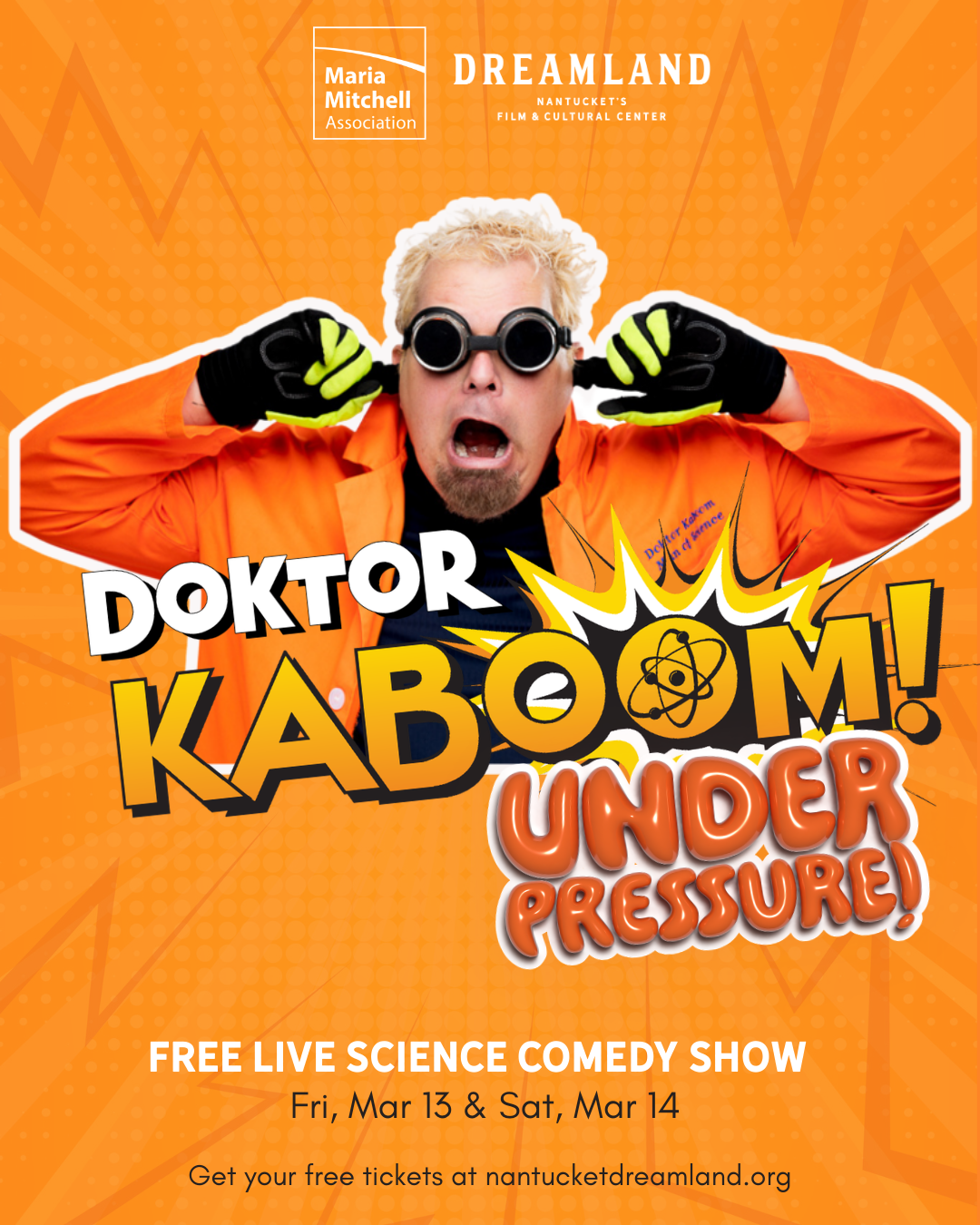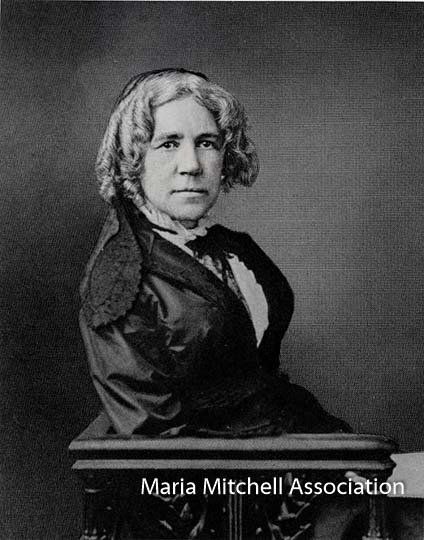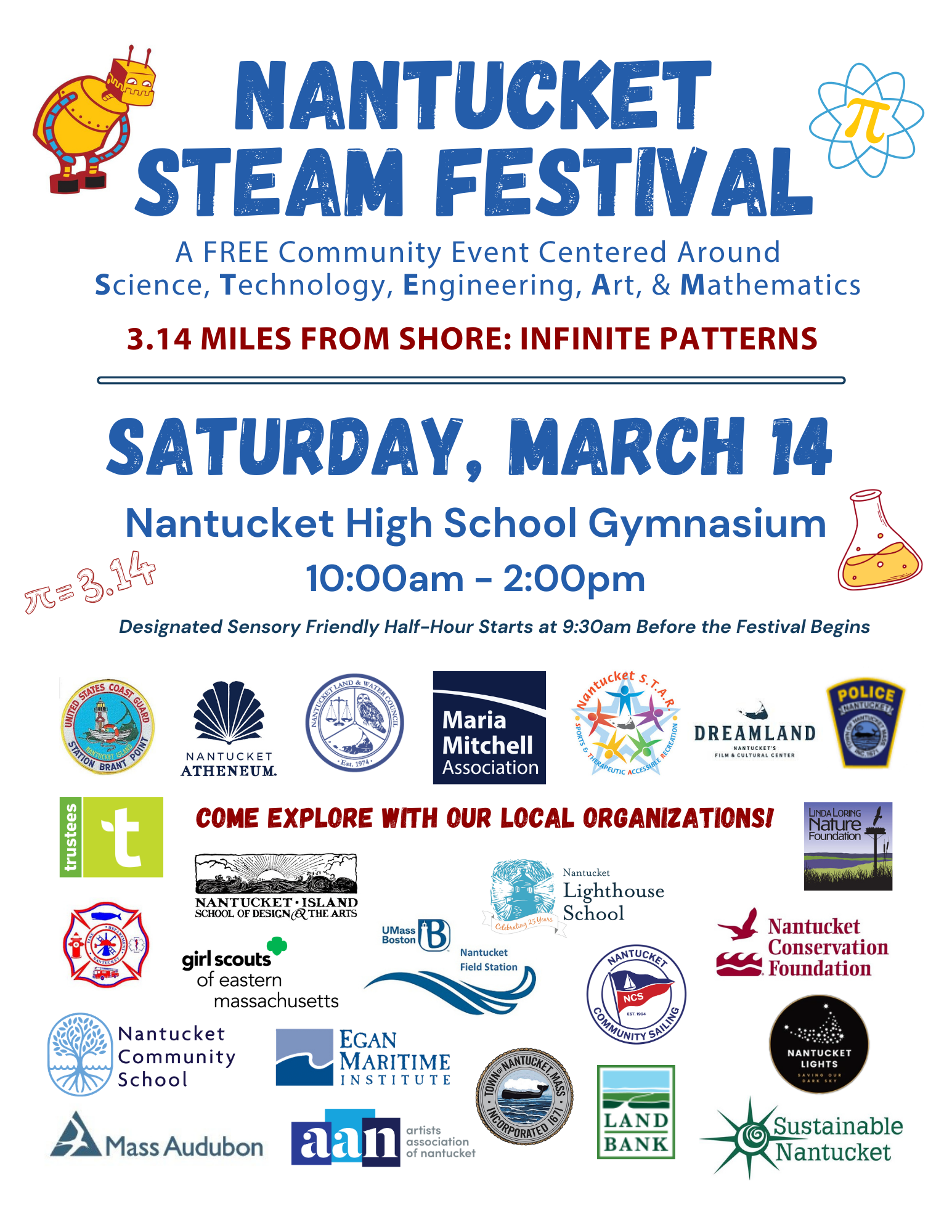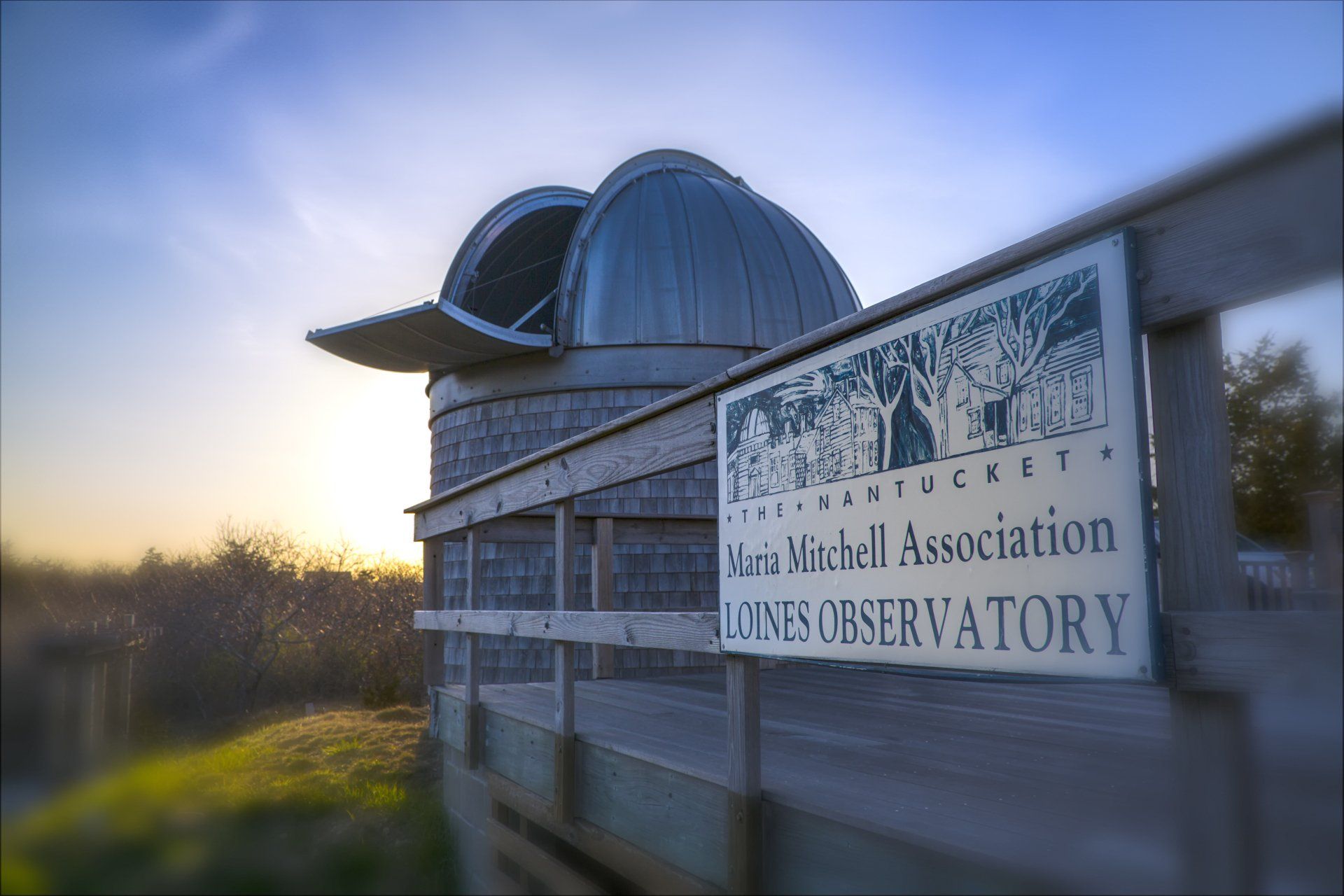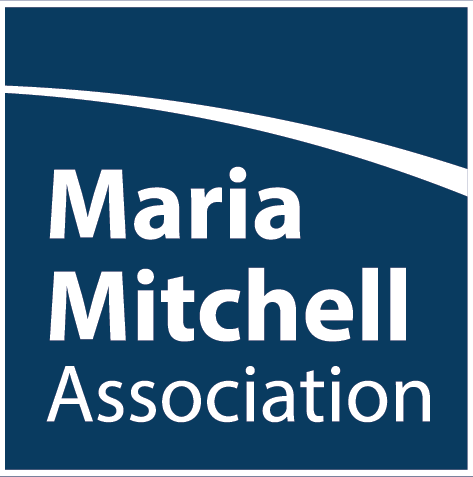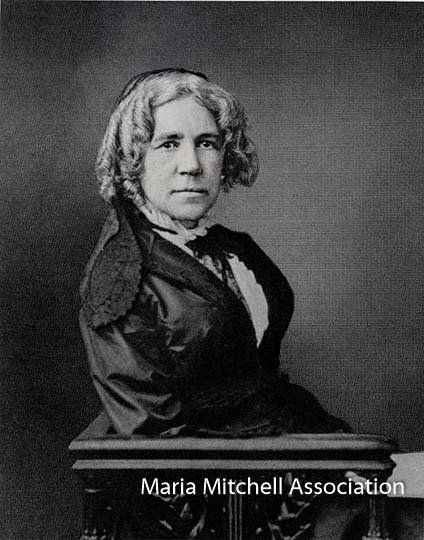Talking to the Nineteenth Century
In my line of work, I meet many people from all over the country and all over the world. This is in large part because I provide – with the Mitchell House summer intern and summer volunteer tour guides – tours to the public. I also provide history walks and workshops as well and so I meet many interesting people and learn new things from them every day.
These visitors may provide new thoughts on something in history or about an artifact. A while ago, I gave a tour to a woman, a former kindergarten teacher. We had a lovely tour and chatted throughout our time together. We came to a place in the tour where something triggered a thought for her. She said to me that I was “too young” to have the experience she was going to relate. She told me she has spoken to people from the 1800s. She stated she has told this to people before and that the reaction she usually receives upon mentioning it is people backing away from her and asking her if she is seeing ghosts – with a look of skepticism among other looks.
When she began to explain what she meant, I suddenly realized I had never thought about what she was saying in that way. I told her, “I’m not that young,” and then said I had never before considered what she was saying until she mentioned it. It seems pretty silly for me to have never really thought about it in this way. I too have spoken to people from the 1800s and touched them – you have too if your parents or grandparents or other family or friends were born in the nineteenth century. I’m not sure how I never thought of this – I am a bit embarrassed – but I distinctly remember my great-grandmother (or, Other Nana as we called her) who died when I was three. She was born in the 1880s. I was a bit squirmy at that age and in order to have me sit with her, she would place the Montgomery Ward’s or Sears catalog on the table. I would sit in her lap as she turned the pages for me to look at them – I adored those catalogs with all the pictures and colors, particularly the images of rooms all set up. I remember one such time, in particular, sitting on my family’s porch on her lap looking out over the backyard, catalog on the table in front of us. I have other memories too – playing with the laces on her shoes – leather shoes with a bit of a heel to them even though she walked with a walker. In addition, I remember my great-grandfather on my Dad’s side (Pop). Pop lived a long time – well into his 90s. He was a World War I veteran and had massive tattoos on the insides of his arms that he likely acquired while in Europe. He lived probably until I was in late elementary school or even the beginnings of junior high and he too was born in the nineteenth century – as were other of my relatives who I knew when I was young.
So, you see, I have spoken to people from the 1800s – and you have, too. We are that last connection to the nineteenth century and the people of it. It’s quite remarkable to sit with that.
JNLF
Recent Posts
